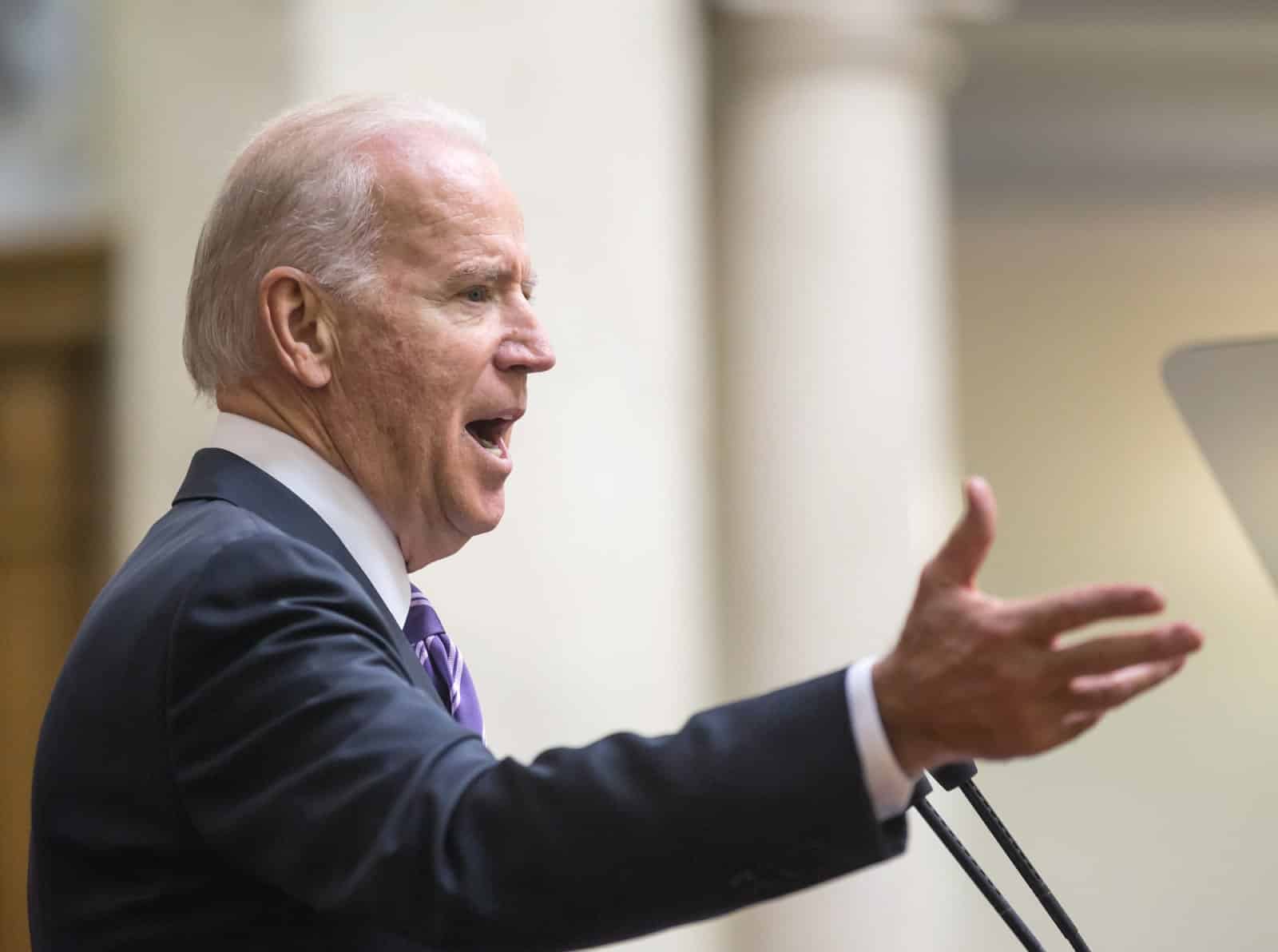New farming regulations could end up saving hundreds of small farms from closing down.
USDA’s Surprise Announcement

In a surprise shake-up, the U.S. Department of Agriculture (USDA) has revealed that they will be taking a big step to help out small chicken farmers.
A Win for Small Chicken Farmers

Secretary Tom Vilsack announced on Monday a new rule that could put an end to unfair pay deductions that have been hurting these farmers for years - a move that could save farmers thousands of dollars.
The Tournament System

Right now, chicken farmers get paid based on how their flocks perform compared to others in a system called the “tournament system.”
How Chicken Farmers Get Paid

It sounds complicated, but the gist of the tournament system is that chicken farmers enter into a contract with companies that buy and sell chickens, wherein the farmers earn a flat base rate from each flock they raise.
The Basics of Chicken Farming Contracts

These companies provide the chicks, feed, and veterinary care, and farmers raise the chickens to a healthy weight for an agreed price.
Base Pay and Bonuses

Farmers can earn bonuses for high-quality flocks, but their pay can be reduced if the market demand is low or if other farmers raise more chickens. Basically, it ends up becoming that the farmer who produces the most meat using the least feed wins.
How Farmers Lose Money

If a farmer isn’t as efficient, their base rate will be cut, and this money will go to the farmers who produce more meat.
The Problem of Unfair Deductions

This is supposed to make the process efficient, but it often leaves smaller farmers at a disadvantage and struggling to keep up.
Leveling the Playing Field

The USDA’s new rule intends to stop these deductions. It means farmers will get their full base pay no matter what.
Full Base Pay Guarantee

“If you’re going to establish a base pay, then it can’t go below that,” Vilsack said at the press conference.
Biden’s Plan for Competition

This move is part of President Joe Biden’s plan to boost competition in the meatpacking sector. Currently, the market is dominated by a few big companies that control up to 85% of the market - terrible news for small farmers. This rule is the Biden administration’s third big push to make things fairer.
Transparency and Information

The new rule will also force poultry companies to give farmers more information about the risks of making big improvements to their farms and chicken barns.
Mitigating Financial Risks For Chicken Farmers

This transparency is huge for farmers, who typically have to spend a lot of their own money to keep up with company demands.
Industry Reactions

As expected, this announcement is causing a stir. Industry groups say the current system makes sense because it drives efficiency and keeps standards high, but critics argue it’s killing small farmers and making the market less competitive.
A Push for Balance

Farmer advocacy groups are behind the new rule. They believe it will help balance the power between small farmers and big poultry companies, which they say have been squeezing the little guys for too long.
Historical Roots

This proposed rule is tied to the Packers and Stockyards Act from 1921, a law meant to keep the livestock markets fair. Biden’s administration breathed new life into this Act and is using it to tackle today’s monopolies and unfair practices.
Vilsack’s Mission

Vilsack is currently on a mission to help farmers across the nation. With billions of dollars from recent laws, he’s aiming to create a stronger and more diverse farming sector.
Previous USDA Efforts

Earlier this year, the USDA rolled out rules to make the chicken business more transparent and to protect farmers from retaliation from whistleblowing on these unfair company practices.
Diversifying Income Streams

In an interview, Vilsack talked about the need for farmers to have multiple income streams. “Instead of the farm getting one check, they potentially could get four checks,” he said, referring to new opportunities in carbon credits, waste products, renewable energy, and local sales.
Commitment to Change

The USDA seems committed to making life better for small farmers. But while this new rule is a big step, experts warn that the farming industry’s deep-rooted problems won’t disappear overnight.
Addressing Deep-Rooted Farming Issues

Vilsack remains hopeful. With decent funding available, he believes the USDA can make a real difference, although whether these changes will reverse the trend of small farmers going under is still up in the air.
Public Input Welcomed

This latest proposal is open for public comment for 60 days.
23 Steep Taxes Adding to California Residents’ Burden

California: a place of sunshine, innovation, and, unfortunately, some of the nation’s highest taxes. From LA’s beaches to Silicon Valley’s tech hubs, residents grapple with a maze of state taxes. Here’s a glance at 23 taxes that might surprise both Californians and outsiders. 23 Steep Taxes Adding to California Residents’ Burden
Cash in on Nostalgia: 21 Toys Now Worth a Fortune

Time to dust off the boxes and find that once-cherished toy from your childhood. For collectors and enthusiasts, these items have become valued objects, and they can be worth big bucks – are there any of these in your attic? Cash in on Nostalgia: 21 Toys Now Worth a Fortune
Millennials Don’t Buy These 19 Products Anymore

Millennials are changing consumer habits, quietly replacing once-staple products and traditions. Often criticized for their disruptive preferences, this generation is reshaping the marketplace with digital expertise, ethical buying, and a taste for the unconventional. Millennials Don’t Buy These 19 Products Anymore
Featured Image Credit: Shutterstock / PeopleImages.com - Yuri A.
The content of this article is for informational purposes only and does not constitute or replace professional financial advice.
